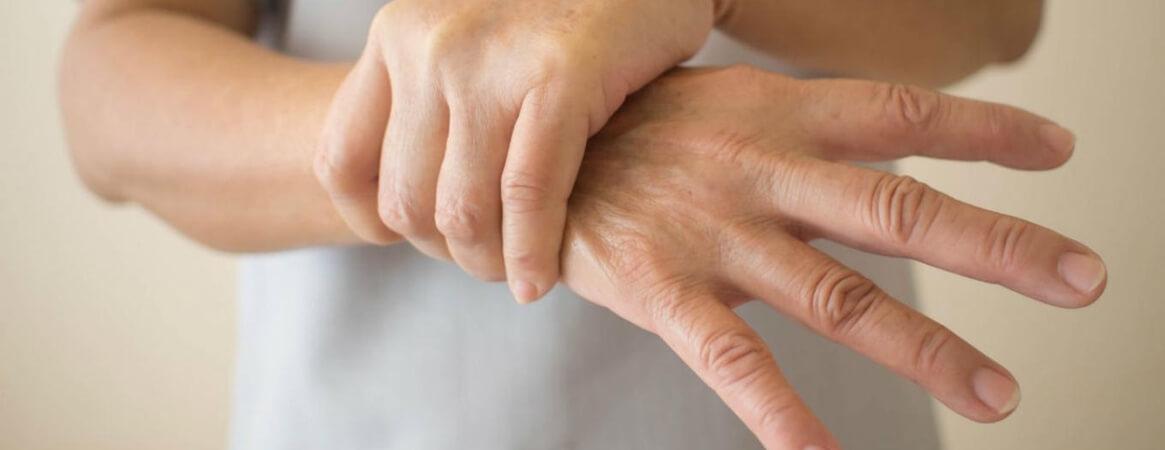Parkinson's Disease
Treatment Areas
- Treatment Areas +
- - Multiple Sclerosis
- - Epilepsy - Sara's Disease
- - Alzheimers
- - Dementia
- - Dementia, Alzheimers
- - Migraines and Headaches
- - Parkinson's Disease
- - Sleeping disorders
- - Stroke - Paralysis
- - Hand, Foot Numbness
- - Muscle Weaknesses
- - Peripheral Neuropathy
- - Brain Related Infections - Tumors - Degenerative Diseases
- - EMG - Electromyography
- - EEG Recording - Electroencephalogram
- - Long Term Video EEG
- - Visual Evoked Potentials - VEP Test
What is Parkinson's Disease? What are the symptoms? Is there a treatment method?
Parkinson's disease is a disease that causes chronic and progressive movement disorder that occurs as a result of dysfunction of neurons in the brain. Some of the affected neurons produce dopamine, a chemical that sends messages to parts of your brain that control movement and coordination. The amount of dopamine in the brain decreases with the progression of Parkinson's, making patients unable to control movement.

What is Parkinson's Disease?
As a result of the decrease in the amount of dopamine in the brain, the mechanism of initiating and controlling the movement of the patients is impaired.
Since Parkinson's disease develops gradually, it usually starts with a unilateral resting tremor or loss of facial expression, that is, mimics. Over time, tremors also occur in the other arm or leg. Although there is no definitive treatment for Parkinson's disease, various drugs and treatments are used that reduce the symptoms in patients and can significantly improve their quality of life. Battery therapy can be applied in some patients, especially in individuals with very predominant tremor. For this reason, patients should be under regular follow-up, and their medications should be adjusted according to the individual and the course of the disease. At this point, the patient-physician relationship plays a very important role.
What Are the Symptoms of Parkinson's Disease?
Although the symptoms of Parkinson's vary from person to person, there are four major motor symptoms, including:
Tremors in the hands, arms, legs, or jaw
Muscle stiffness in arm, leg or trunk, rigidity
Slowing down in movements called bradykinesia and bradymia, that is, loss of facial expressions
Postural instability (loss of reflex) or impaired balance and coordination
Patients with Parkinson's disease may have other symptoms such as:
Severe fatigue or sleep disturbances
chronic pain
Fear, anxiety or depression
dementia or confusion
Constipation or urinary problems
What Causes Parkinson's Disease?
As with many different neurological diseases, the exact cause of Parkinson's disease is not yet known. However, what researchers do know is that several factors play a role in its development.
Genetic
If Parkinson's disease is not directly inherited, several genes have been discovered that could cause the disease in a small portion of the population. In general, however, having a parent with Parkinson's does slightly increase the likelihood of developing the disease. In some familial forms, Parkinson's symptoms appear at a very early age.
Environmental Triggers
While the risk is small, it is possible that early exposure to certain toxins or environmental factors can increase the chance of developing Parkinson's disease.
How is Parkinson's disease treated?
Although there is no definitive treatment for Parkinson's disease, the symptoms can be controlled with medications, lifestyle changes and physical therapy. Parkinson's medications increase dopamine, which helps manage tremors, improve movement control, and help patients walk normally.
Over time, the effects of these drugs may decrease. When this happens, deep brain stimulation or another surgical option may be the best way to relieve symptoms.

